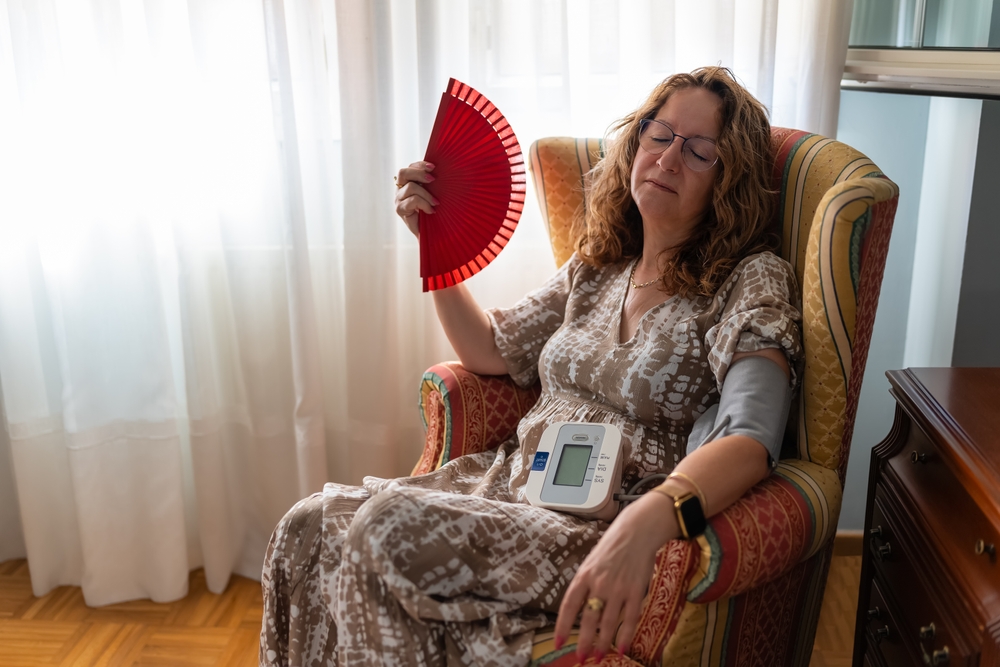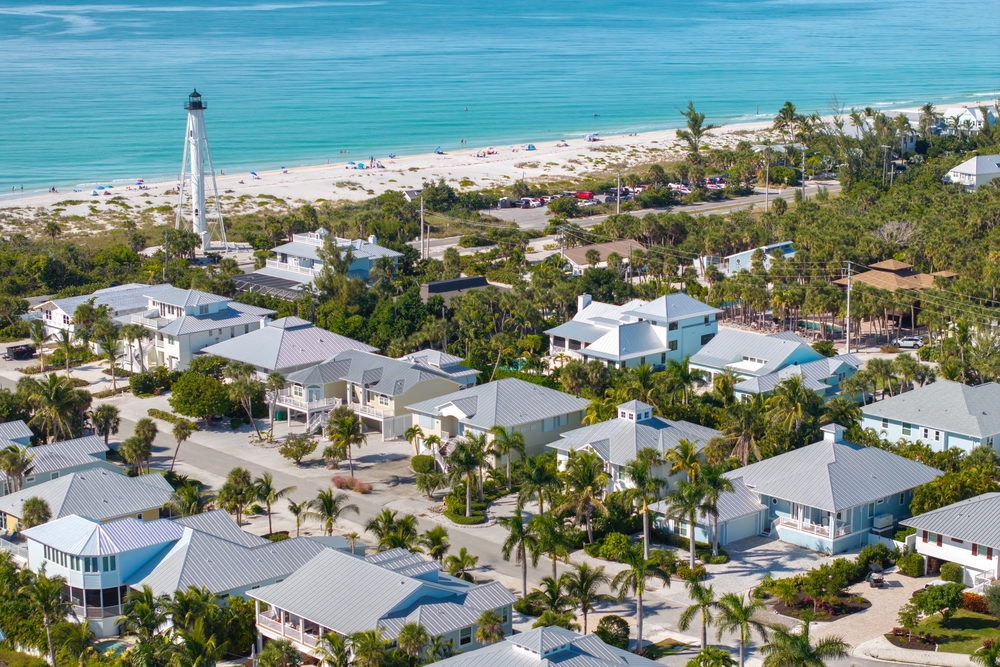Do you want to retire in Florida? Read this before!
Everyone dreams of sandy beaches and year-round sunshine when they think about retirement. I’ll be honest, I was one of those people who thought Florida was the perfect place to retire. The ads make it look so appealing: no state income tax, endless golf courses, and warm weather every day. But after visiting this place and talking to countless other retirees, I’ve learned there’s a lot more to consider before making that big move south.
Don’t get me wrong! Florida has its perks. But the reality of retirement life here is quite different from what those glossy brochures show you. I’ve experienced firsthand the challenges that many retirees face when they retire in Florida. Let me share what I’ve learned so you can make a more informed decision about your retirement dreams.

The cost of living
Everyone talks about Florida’s lack of state income tax, but they don’t mention that everything else costs more. Groceries, utilities, and services are all higher than what I have ever paid in my life. Skyrocketing home prices and insurance costs are contributing to making Florida an increasingly unaffordable state for retirees. Property taxes might seem low on paper, but when your home value doubles in two years, those taxes add up quickly.
Utilities are brutal in the summer. Bill’s brother’s electric bill runs $300-400 monthly from June through September because the air conditioning never stops. Dining out costs significantly more than in other states, and don’t even get me started on the tourist taxes and fees that get tacked onto everything. The tax savings from no state income tax disappear pretty quickly when you factor in all these other expenses. So, keep this in mind when you plan to retire in Florida.
Social isolation is more common than you think
Moving to Florida often means leaving behind decades of friendships and family connections. While there are plenty of other retirees, forming genuine friendships as an adult is challenging. Many Florida communities are filled with seasonal residents, so just when you start building relationships, people head back north for the summer.
The retirement communities can feel artificial. I’ve met many people who moved there and regretted leaving their support networks behind. Being far from adult children and grandchildren becomes especially difficult during emergencies or health crises. Video calls can’t replace being nearby when family needs you, and the cost of frequent flights back home adds up quickly. I can’t imagine retiring in Florida and hardly seeing my kids again!
Hurricane season brings constant stress and real danger
I was not there to witness the hurricane season firsthand, but I’ve heard it was terrifying. The weather reports start in June, and by August, you’re checking the forecast obsessively. The state’s insurer of last resort has paid about $823 million in claims related to the 2024 hurricane season from just three major storms. That’s billions in damage from one season alone.
The preparation is exhausting. Boarding up windows, stocking up on water and food, and figuring out evacuation routes. My neighbor, who now lives in Florida, spent $3,000 on a generator after losing power for eight days during Hurricane Milton. Even when storms don’t hit your area directly, you’re dealing with power outages, gas shortages, and supply chain disruptions. The stress of wondering if this will be the year your home gets destroyed is something you live with for six months annually.
Tourist crowds
Florida’s tourism industry is great for the economy, but terrible for residents. From December through April, simple errands become hour-long adventures. Grocery stores are packed, restaurants have two-hour waits, and traffic is nightmarish. Beach access becomes nearly impossible without arriving at sunrise. This is what you need to be aware of if you want to retire in Florida.
Some cities have limited recreational activities for seniors, and the ones that do exist are often overcrowded with tourists. Golf courses jack up their prices during peak season, and forget about getting dinner reservations anywhere decent. Even medical appointments become harder to schedule because seasonal residents flood the healthcare system. You end up feeling like a stranger in your own community for half the year.
The insurance nightmare
Back in 2022, my brother-in-law’s homeowner’s insurance was $1,200 a year. Today, it’s over $4,000, and that’s considered lucky. Florida had the highest median annual insurance costs in 2023 at $2,273 for mortgaged homes, but many of my neighbors are paying much more than that. My friend Janet’s insurance jumped from $2,000 to $8,000 after Hurricane Ian, and she didn’t even have damage to her home.
The insurance crisis here is real and getting worse every year. After Ian, one homeowner’s taxes and homeowners’ insurance jumped by $450 a month, and stories like this are everywhere. Insurance companies are either leaving Florida entirely or raising rates to astronomical levels. Even if you find coverage, there’s no guarantee your company will still be around next year. My husband’s brother had to switch insurance providers twice since moving here, and each time meant higher premiums and less coverage.
Healthcare challenges
Finding good healthcare when you retire in Florida is harder than I expected. Many doctors don’t accept Medicare patients, and the ones who do are often booked months in advance. An overabundance of boomers means you’re competing with thousands of other retirees for medical appointments. I waited four months to see a cardiologist for a routine check-up.
The quality of care varies wildly depending on where you live. Rural areas have limited specialists, and even in cities, you might drive an hour to find a doctor accepting new patients. Emergency rooms are constantly crowded, and during tourist season, wait times can be six hours or more. If you have ongoing health issues, make sure you research healthcare availability in your specific area before making the move.

The summer heat is unbearable
Northern visitors love Florida in January, but they don’t experience July. The humidity makes it feel like you’re breathing soup, and stepping outside is like walking into a sauna. From May through October, you’re essentially trapped indoors during daylight hours. The 2024 season, while very active, doesn’t appear to have dealt a setback to Florida insurers, but the heat certainly deals a setback to your quality of life.
Simple tasks like checking the mail become ordeals. My daily walks turned into pre-dawn events because anything after 7 AM is too hot. The heat also aggravates many health conditions, and dehydration becomes a serious concern. Many retirees end up becoming seasonal residents, which defeats the purpose of moving here permanently.
I’m not trying to scare anyone away from Florida completely or make them never retire in Florida, but I wish someone had given me this honest perspective earlier. Retire in Florida if you must, but do it with your eyes wide open. Visit during the summer months, research insurance costs thoroughly, and have a solid financial cushion for unexpected expenses.
Consider whether you’re prepared for the isolation, the weather extremes, and the constant threat of natural disasters. Think about your healthcare needs and whether you can afford the rising costs. Most importantly, consider whether you’re ready to potentially lose everything you’ve built if a major hurricane hits. Florida can be paradise, but it comes with risks and costs that many retirees aren’t prepared for. Make sure you’re one of the prepared ones.
You should also read: Finding Purpose After Retirement: What Brought Me Joy
